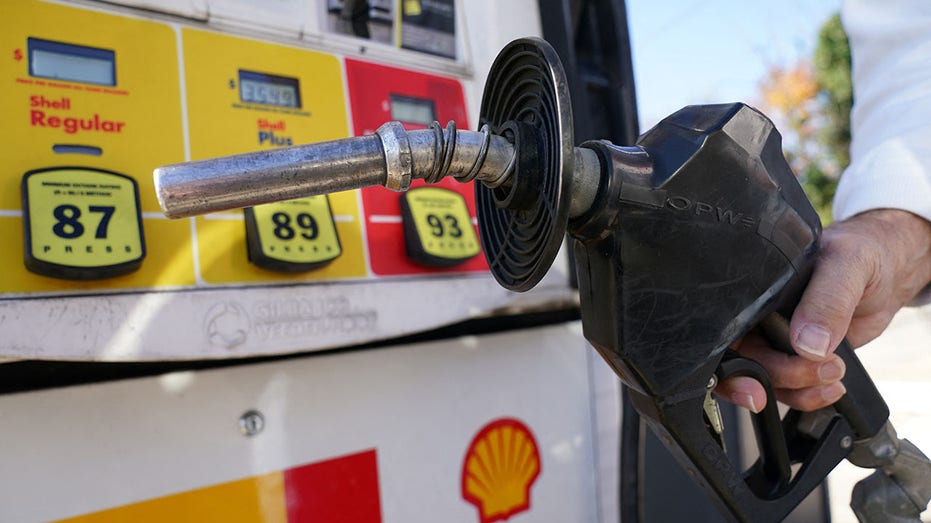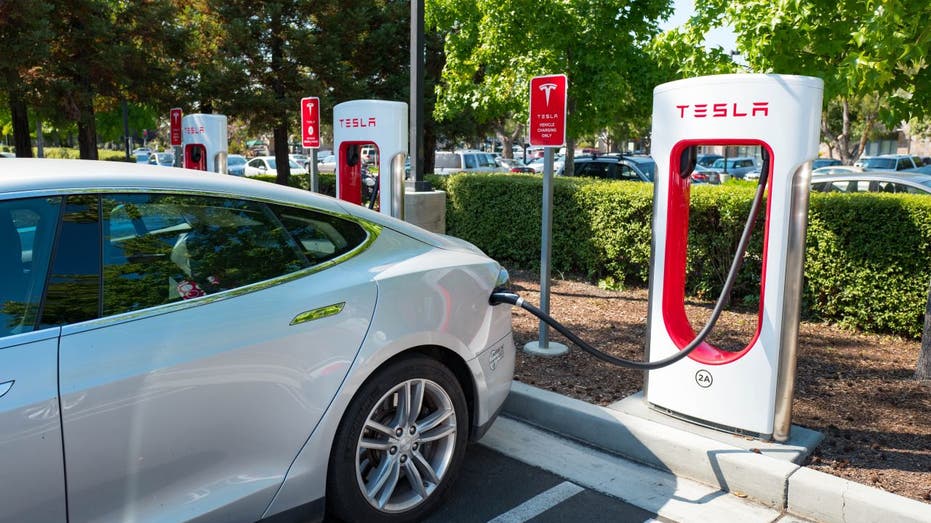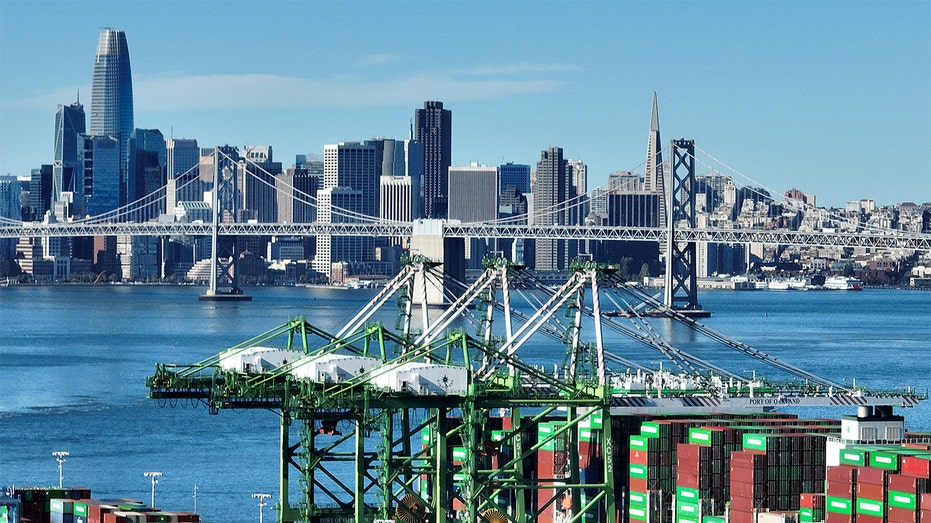California's 'secret' 50-cent gas tax hike coming in the next two years
The tax increase is 'a tax on the tax,' Republican tax hawk says
California may charge electricity customers based on income
Fox News senior national correspondent William La Jeunesse reports on proposed changes to California's electric bills on 'Special Report.'
A longstanding emissions reduction program may lead to a 50-cent increase in gasoline prices within two years in California, according to a little-known state air quality regulator report.
In September, the California Air Resources Board (CARB), the state's primary environmental regulator, reported gas prices will rise next year by about 50 cents a gallon and every year thereafter to aid in clean air efforts. The price increase does not include the existing gas tax in the state.
Republican state Sen. Janet Nguyen, one of the legislature's most critical tax hawks, told Fox News Digital the "secret" tax increase "would penalize the majority of Californians."
CAR DEALERS THROW COLD WATER ON ELECTRIC VEHICLES VERSUS GAS OPTIONS: ‘I WOULDN’T FEEL SAFE'

A gas station in Falls Church, Va., in October 2022. (Reuters/Kevin Lamarque / Reuters Photos)
"The middle class, the low income, they can't afford gas to go to school, work or grocery or the doctor's office," Nguyen said. "No one knows about this. I think people just think it's a tax, so they don't know the difference between the carbon tax versus the state tax. It's almost like a tax on the tax."
The report foresees gasoline price increases due to the Low Carbon Fuel Standard reforms that were created in 2007, likely rising by 47 cents next year and 52 cents by 2026. Diesel prices could climb by 59 cents this year and 66 cents in two years. Long-term projections suggest gasoline could surge by $1.15 and diesel by $1.50 per gallon from 2031 to 2046, with jet fuel increasing by $1.21.
The air board staff later called the gas price hike projections "incomplete" in a December report, focusing instead on the cost savings to drivers as more people transition to EVs.
HYBRID VEHICLE SALES REVVING UP AS EV DEMAND SPUTTERS

A Tesla plugged in and charging at a Supercharger rapid battery charging station in the Silicon Valley town of Mountain View, Calif., Aug. 24, 2016. (Smith Collection/Gado/Getty Images / Getty Images)
The report comes as CARB finalized new rules mandating a rapid transition from traditional petroleum-powered modes of transportation to zero-emissions alternatives as it pursues a sweeping climate agenda. CARB has identified passenger cars, heavy-duty trucking, freight trains and harbor vessels for the changeover.
California is also phasing out new gas-powered cars and mandating 100% electric vehicle sales by 2035. Nearly 20 other states have since adopted those rules, meaning more than 40% of the country will be affected by the mandate to some extent.
BUYERS OF TESLA'S CHINESE RIVAL EV MAY FACE MONTHSLONG WAIT FOR SU7

In an aerial view, shipping cranes stand at the Port of Oakland in front of the San Francisco skyline Oct. 24, 2022, in Oakland, Calif. (Justin Sullivan/Getty Images / Getty Images)
CLICK HERE TO READ MORE ON FOX BUSINESS
The state's broad effort to electrify its transportation sector is part of the California Climate Commitment unveiled by Newsom two years ago. Under the plan, the state is phasing out reliance on fossil fuels, deploying green energy, cutting greenhouse gas emissions 85% by 2045 and decreasing oil demand by a staggering 94%.
"We can solve this climate crisis if we focus on the big, bold steps necessary to cut pollution," Gov. Gavin Newsom said in August 2022.
After this report was published, a CARB spokesperson told Fox News Digital in a statement: "There is no 'secret' gas tax hike with California’s Low Carbon Fuel Standard. The figure the Senator cited is from an incomplete, preliminary document released last September which is intended to provide a range of financial possibilities looking at how various LCFS credit prices might be passed through to Californians by industry. It is not a prediction of gas prices or a staff proposal. I would also point out that there is no data showing a correlation between LCFS credit prices and fuel prices at the pump."
Fox News' Thomas Catenacci contributed to this report.





















